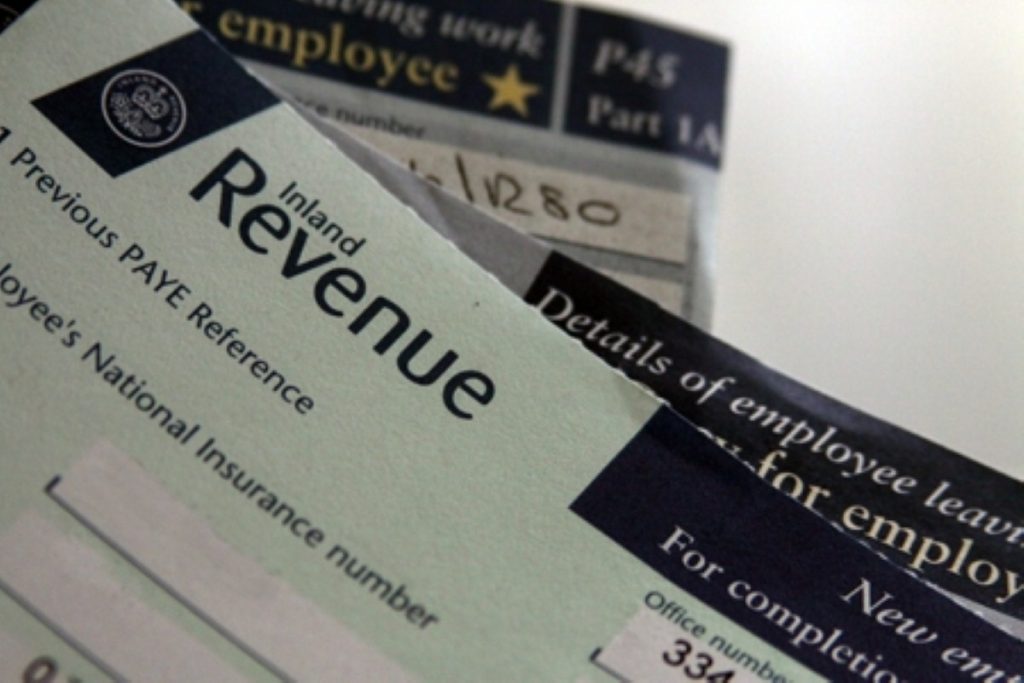HMRC tries to correct 6m ‘mistaken’ tax bills
by politics.co.uk staff
Inland Revenue has begun its attempt to address the gargantuan errors that saw six million people either under or over-paying on their tax bills.
Letters have been sent to 45,000 people to inform taxpayers of their particular situation as a way to gauge the numbers of people who will get in contact and prevent the organisation from being overwhelmed.
Approximately 4.3 million people were over-charged a total of £1.8 billion, an average of £420 per person, while HMRC is also trying to recoup £2 billion pounds from the remaining 1.7 million taxpayers affected, each owing on average from £1,380.


The discrepancy will require a monumental undertaking on behalf of HMRC to assess each taxpayers individual circumstances and determining how much they are owed or will owe.
Where a taxpayer has been under-charged by more than £2,000, they may be asked to pay in one lump-sum, though instalment arrangements may be made for those in difficult circumstances.
If, however, HMRC has had the required details to make an accurate calculation for 12 months or more, then the money can be written off, though a spokesman said this facility was reserved for those with specific circumstances and was not a “blanket exemption”.
Labour MP, and Treasury select committee member George Mudie criticised HMRC, saying: “If they want money, they take the money and very rarely are they prepared to consider, even when they make mistakes, not taking the money.”
The mistakes were discovered when HMRC introduced a new computer system which detailed the fact that millions of tax bills that had been previously issued were in fact in error.
The errors come at a time when the government is concerned above all with finding savings, and the £200m shortfall from HMRC will not be well-received.
Anthony Thomas, deputy president of the Chartered Institute of Taxation (CIOT) said: “Everybody recognises that there is pressure on all government departments to find savings wherever they can. But by keeping tax agents less well-informed about their clients’ tax obligations HMRC are likely to find they lose more money than they save.”
Critics argue that the likelihood of such errors happening again can only increase if cuts to the service are made or are too heavy.
The organisation will face these cuts in the upcoming spending review, as all government departments are being asked to do.

